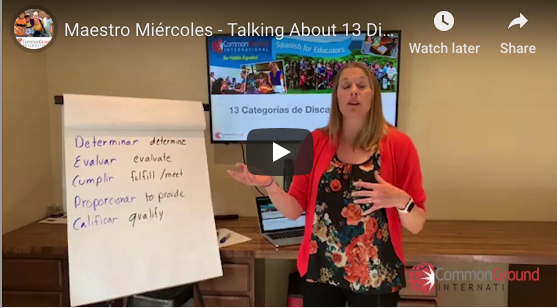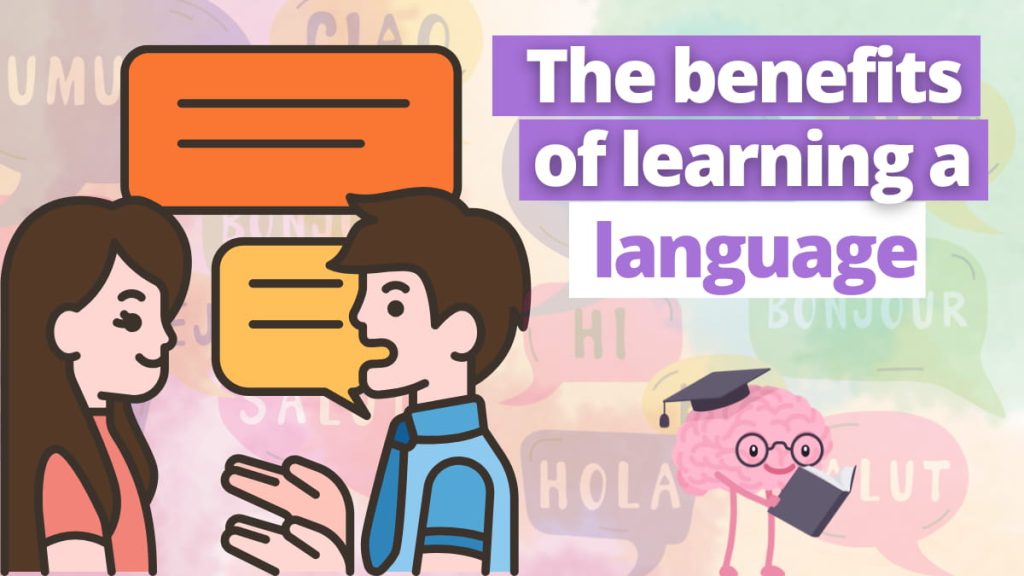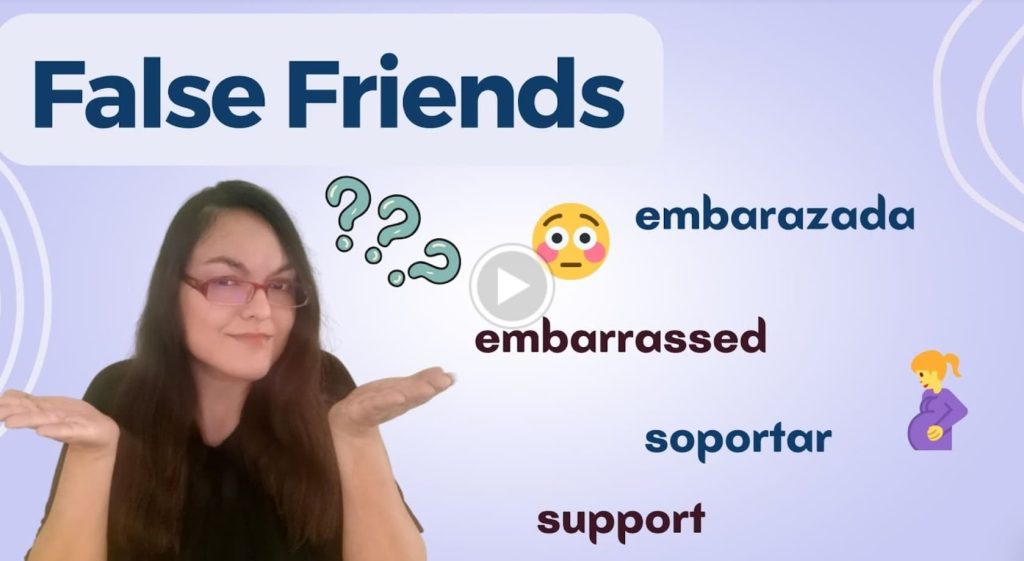In this Maestro Miércoles lesson you will learn how talk about 13 disability categories in Spanish with parents and guardians: 13 categorías de discapacidades.
Su reto profesional: use this new vocabulary to talk about these disability categories in Spanish with parents / tutors who are interested in discussing special education for their children.
In this lesson, teachers will learn:
- How to express in Spanish the 13 categories of disabilities the Individuals with Disabilities Education Act (IDEA) has established in order for students to receive Special Education Services.
- Steps to determine if a child is eligible for receiving the special education services.
- Key vocabulary to talk about these 13 categories of disabilities.
Here is the Spanish lesson I taught to my Maestro Miércoles Facebook group:
Subscribe to our YouTube Channel to see all of our lessons and get the latest videos right away!
If you are interested in learning how to answer parent / guardian questions regarding special education in Spanish, check this post 🙂
Speaking in General Terms / Hablando en términos generales
Para determinar si su hijo necesita educación especial, el distrito escolar tiene que hacer una evaluación educativa para determinar su elegibilidad.
No todos los niños con dificultades de aprendizaje y de atención cumplen con los requisitos para obtener los servicios de educación especial.
IDEA —> La Ley para la Educación de los Individuos con Discapacidades
- Es la ley federal (federal law) que define y regula la educación especial.
- Exige (it requires) que las escuelas proporcionen (to provide) educación especial y servicios relacionados a los estudiantes elegibles.
- No todos los estudiantes con dificultades de aprendizaje o de atención califican.
Para estar cubiertos… Hay 13 categorías de discapacidades incluidas en IDEA
These 13 disability categories include:
| Spanish | English |
| Autismo | Autism |
| Impedimento Auditivo | Hearing Impairment |
| Discapacidad intelectual (retraso mental) | Intellectual disability (mental retardation) |
| Discapacidad específica de aprendizaje | Specific learning disability |
| Dificultades de atención | Attention difficulties |
Learning Disabilities / Las discapacidades del aprendizaje
Las condiciones en este grupo afectan la habilidad del estudiante para leer (to read), escribir (to write), escuchar (to listen to), hablar (to talk), razonar (to reason), hacer las matemáticas (to do the Maths):
| Spanish | English |
| Dislexia | Dyslexia |
| Disgrafía | Dysgraphia |
| Discalculia | Dyscalculia |
| Dispraxia | Dyspraxia |
| Trastornos del procesamiento auditivo | Auditory processing disorders |
| Discapacidades del aprendizaje no verbal | Disabilities of non-verbal learning |
Health Impairment / Impedimento de Salud
Son condiciones que limitan:
| Spanish | English |
| La fortaleza | The strength |
| La energía | The energy |
| El estado de alerta del estudiante | The student’s alertness |
| La atención | The attention |
| TDAH —> Trastorno por Déficit de Atención e Hiperactividad | ADHD —> Attention Deficit Hyperactivity Disorder |
Autism Spectrum Disorder / Trastorno del Espectro Autista
ASD (TEA en español) o autismo afecta:
| Spanish | English |
| Las destrezas sociales | Social skills |
| La comunicación del individuo | The communication of the individual |
| La conducta | The conduct |
Emotional Disorder / Trastorno Emocional
This condition affects the functional behavior and social / personal relations because the person is struggling with feelings and thoughts they might not control or understand.
| Spanish | English |
| Trastornos de ansiedad | Anxiety disorders |
| Esquizofrenia | Schizophrenia |
| Trastorno bipolar | Bipolar disorder |
| Trastorno obsesivo-compulsivo | Obsessive-compulsive disorder |
| Depresión | Depression |
Speech or Language Impairment / Impedimento del habla o el lenguaje
This kind of disorder refers to problems of communication or other related areas, such as oral motor functions.
| Spanish | English |
| Tartamudeo | Stuttering |
| Impedimento de la articulación | Joint impediment |
| Impedimento del lenguaje | Language impairment |
| Impedimento de la voz | Voice impairment |
Visual Impairment / Impedimento Visual
| Spanish | English |
| La ceguera | The blindness |
| Problemas de visión | Vision problems |
| La visión parcial | Partial vision |
Hearing Impairments / Impedimentos Auditivos
| Spanish | English |
| La sordera | Deafness |
| Una pérdida de audición (no sordera) | A hearing loss (no deafness) |
| La sordoceguera —> chicos que tienen impedimentos visuales y auditivos | Deaf blindness —> children who have visual and auditory impairments |
Orthopedic Impediment / Impedimento ortopédico
Cualquier impedimento del cuerpo
Intellectual Disability / Discapacidad intelectual
Síndrome de Down
Traumatic Brain Injury / Lesión Cerebral Traumática
Es una lesión cerebral causado por un accidente / It’s a brain injury caused by an accident
Multiple Disabilities / Discapacidades múltiples
Un estudiante con discapacidades múltiples tiene más de una condición cubierta por IDEA.
Evaluation – Eligibility / Evaluación – Elegibilidad
Si sospecha (to suspect) que su hijo tiene dificultades de aprendizaje (o de atención), la directora de la escuela tiene que hacer 2 cosas…
Paso 1- Evaluación / Step 1 – Evaluation
- Tiene que determinar si tiene una discapacidad “cubierta”
- Si el / la estudiante es elegible… check this post 🙂
Paso 2 – Elegibilidad / Step 2 – Eligibility
Si es elegible, el próximo paso será crear un Programa de Educación Individualizado (IEP).
¡Ahora es tu turno! / Now It’s Your Turn!
Hit reply and tell me the vocabulary words that are most relevant for you. I’m serious, I really do want to know. ¡Mil gracias!
Study all of this classroom vocabulary in Spanish with these flashcards!
Download the lesson notes and start creating your own sentences using this new vocabulary in Spanish and share them on the comments below or in our Facebook group to receive feedback from other Spanish learners






This is so great! Can you provide the vocabulary for talking to parents about ADHD & ODD and classroom accommodations.
As a Social Worker, I need to have conversations with Spanish speaking parents to destigmatize mental health services and educate them about these disorders and what help is available. I also need to make referrals to community agencies. Lots of technical vocabulary.
Thank you.
Gracias Michelle! That’s a great idea for a lesson. It’s noted ?! Thanks for all the great work you do in your community and keep up the Spanish progress!